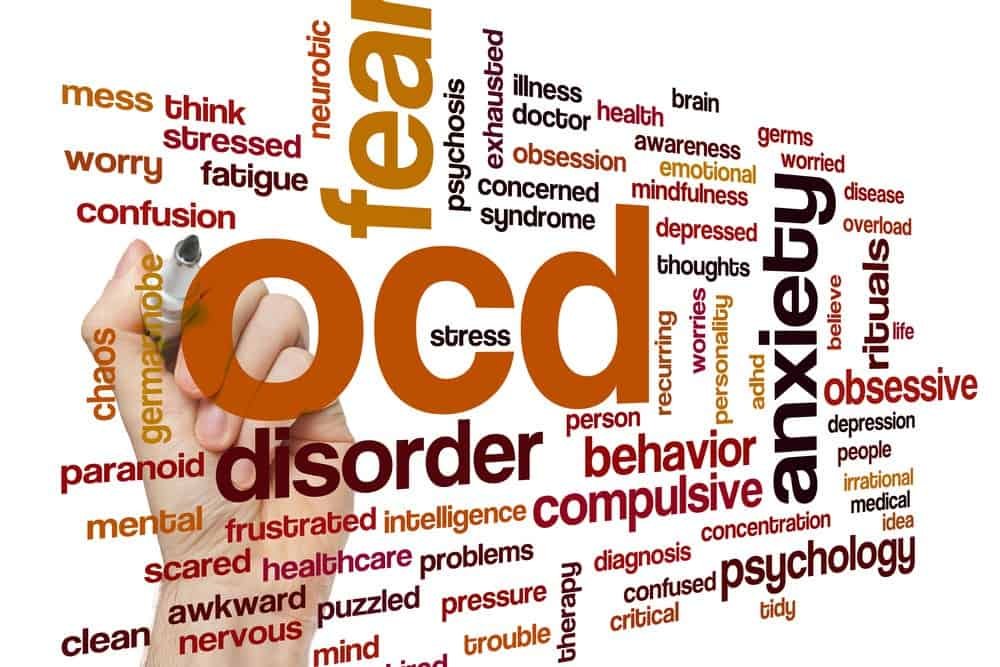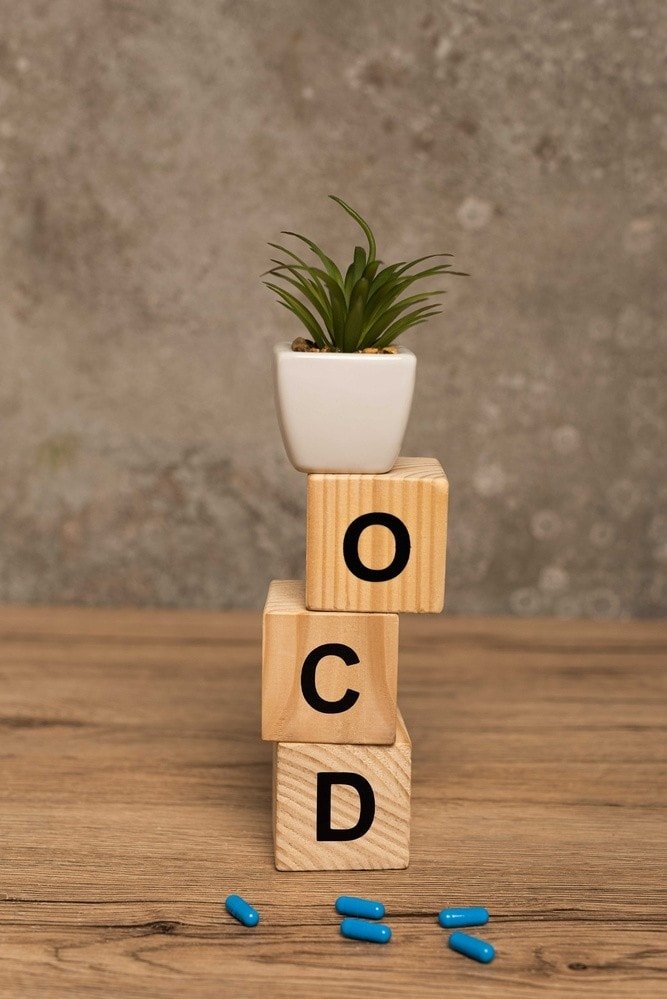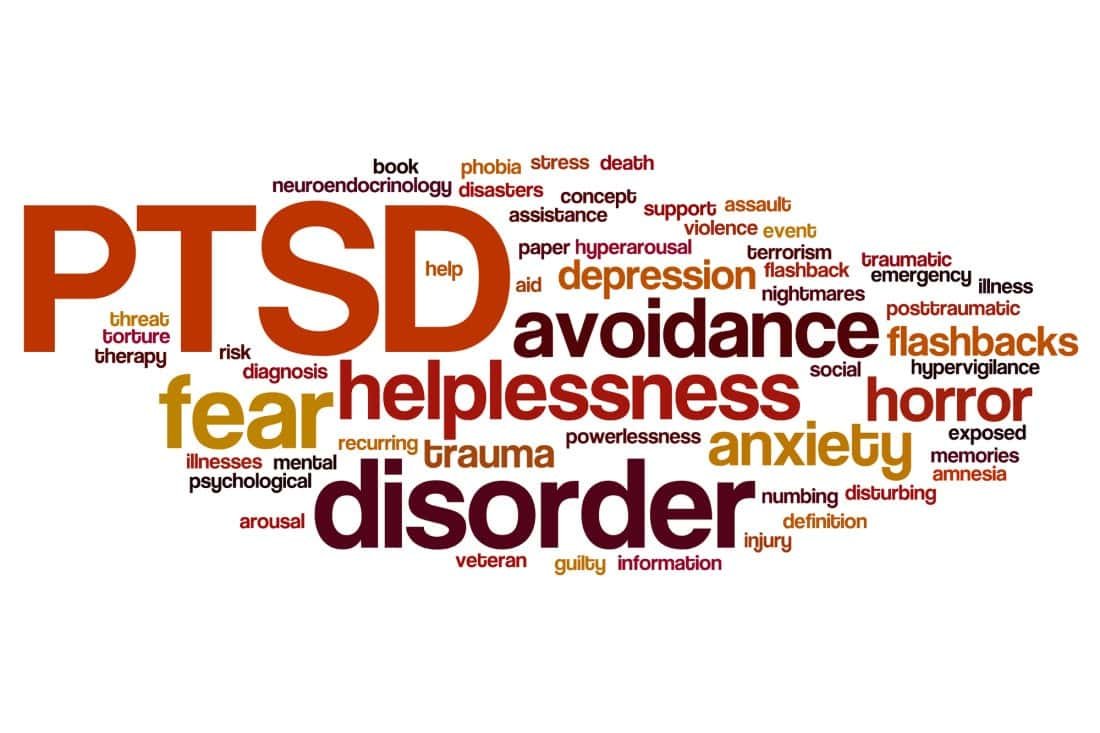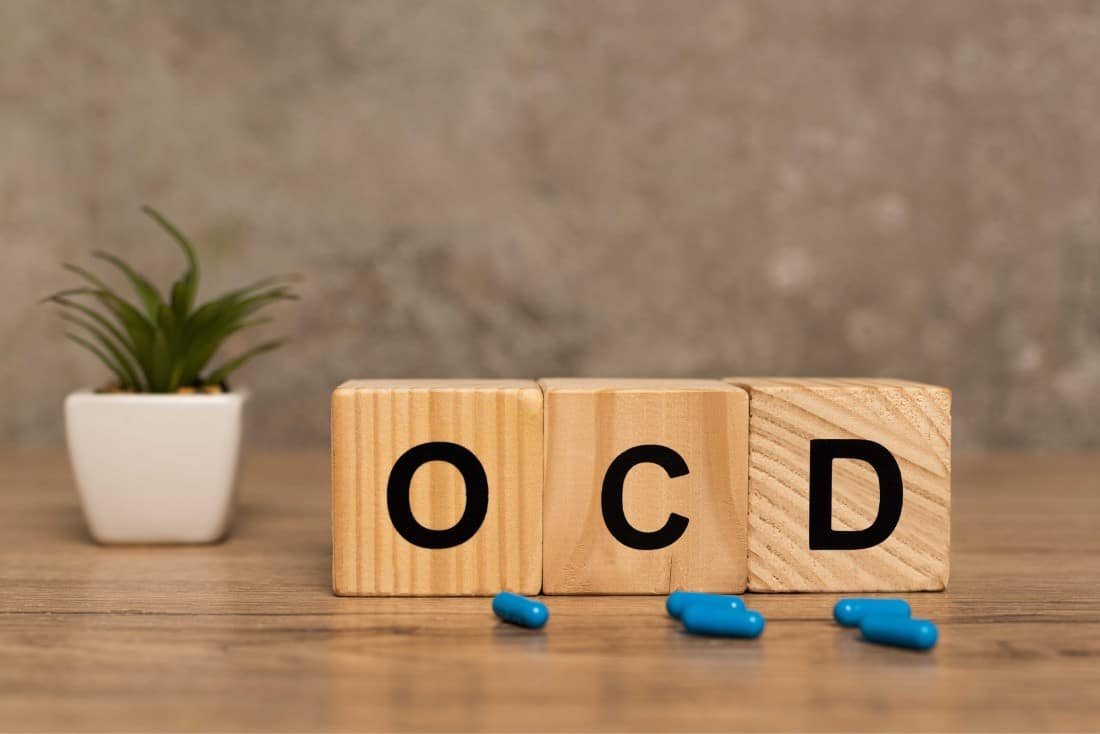A Look at OCD Behaviors: How They Manifest
Obsessive-compulsive disorder, or OCD behaviors, is a mental health condition that causes people to experience intrusive thoughts and compulsive behaviors. While the cause of OCD is unknown, it is believed to be related to a combination of genetic and environmental factors.

OCD symptoms can vary from person to person, but typically involve unwanted thoughts or images that trigger intense anxiety, as well as repetitive behaviors intended to reduce anxiety.
If you are experiencing symptoms of OCD, it is important to seek professional help.
With proper treatment, many people with OCD can learn to manage their symptoms and live healthy lives.
Obsessive-Compulsive Disorder or OCD is a mental disorder that affects a lot of people. It has 3 main components: obsessions, compulsions, and emotions.
This disorder can be managed, and the proper support and treatment can alleviate a person’s life living with OCD a great deal.

Here’s A Look at OCD Behaviors: How Do They Manifest.
Read and learn about this anxiety disorder. Help someone today.
What is OCD?
Obsessive-Compulsive Disorder or OCD is a common chronic mental disorder characterized by uncontrollable, recurring obsessions (thoughts) and compulsions (behavior) a person may have with the urge to repeat them over and over.
This mental health disorder causes distress and anxiety (because of his obsessions), that he would feel the need or urge to do something (compulsions).
Obsessions are the involuntary thoughts, images, or impulses one may have that occur repeatedly in his mind.
These thoughts can be disturbing and distracting.
On the other hand, compulsions are the behaviors or rituals that one has the urge to do to relieve himself of the anxiety and distress that his obsessions cause him.
However, the relief that these compulsions bring is only temporary.
Hence, the vicious cycle of OCD.
People with OCD are categorized as to their obsessions and compulsions.
The common categories are:
- Washers – these people are afraid of contamination. They are distressed when they get dirt on their body. They have the cleaning or hand-washing compulsion.
- Checkers – these people check things repeatedly as their compulsion, because of their fear of harm and danger.
- Doubters/Sinners – these people are perfectionists. They associate failure with an illogical consequence (punishment and the like).
- Counters/Arrangers – they are obsessed with symmetry and order. Some have superstitious beliefs regarding numbers, colors, and arrangement of things that if not followed, they think that they will be punished or something bad will happen.
- Hoarders – hoarders think that something bad will happen if they throw things away.

Causes and Risk Factors of OCD
OCD is a common psychological disorder that affects adults, adolescents, and children all over the world.
It is usually diagnosed at the age of 19 or early 20s and is more common in males than females.
Most females are diagnosed over the age of 30.
The cause of OCD is unknown. However, there are risk factors that may predispose you to this anxiety disorder.
- First-degree families with a history of OCD are at risk of developing this disorder
- People with childhood trauma are more likely to develop this later on in life
- Biological/neurological factors have been shown to play a part in predisposing a person to develop this disorder. People with a chemical imbalance of serotonin in the brain are at higher risk.
Want to make PASSIVE INCOME? I do and LOVE IT! If you want to know how you make money selling digital products on ETSY, take this COURSE. If you want to know how to write faster and make money as a freelancer, take this COURSE. If you want to learn both plus Affiliate Marketing, Own a PLR Store, and much more, join PIPS-Passive Income Pathways Membership. You will get all the courses FOR FREE.
Signs and Symptoms: How OCD Manifests
Obsessions and compulsions may be observed earlier. They can progress over time.
The 3 main elements of OCD are obsessions, compulsions, and the anxiety brought about by the obsessions, temporarily relieved by compulsions.

Normal people may also have these distracting thoughts however, for OCD, these thoughts are so extreme that they disrupt a normal activity; distract and disturb your everyday life, and can cause tremendous distress.
Common obsessive thoughts in OCD include:
- Fear of being contaminated by dirt or germs, and contaminating others
- Fear of losing control and harming yourself or others
- Disturbing sexual or violent thoughts or images
- Excessively focused on morality and religious ideas
- Fear of losing things that you might need
- Excessive fixation on order and symmetry when arranging things
- Unreasonably superstitious
Compulsive behaviors in OCD include:
- Illogical repeated checking of locks, windows, doors, appliances, or switches. Persons with OCD will keep on checking and pushing lock buttons, open and close windows, and then lock, open refrigerators, and close, flicking light switches multiple times in a single time. Additionally, repeated checking of a gas stove to make sure they are turned off.
- Excessive checking on loved ones to make sure they’re safe. This can distress and can be a nuisance to family members whose sleeping time is disturbed by the caller.
- Counting, tapping, repeating the same words. Persons with OCD can be seen pacing back and forth, counting, or mumbling. Sometimes, you can see them counting while flicking light switches or closing the doors or windows. Counting can also be seen as repeatedly counting their belongings or other objects that may seem mundane and insignificant. A flight of stairs, lights in the hallway, etc.
- Spend a lot of time washing or cleaning and hand-washing with a new bar of soap every time. A person with OCD will be seen cleaning their house repeatedly in a day. They will also wash their hands after shaking somebody’s hand. Others will constantly have a hand sanitizer in their pockets, putting them repeatedly without the need to.
- Ordering or arranging things excessively. When a paper sticks out from a pile, a normal person would most likely ignore it. A person with OCD will go through great effort to pull everything out and then put them back in place, making sure everything is in line and no paper is sticking out.
- Praying excessively.
- Accumulating junk like empty containers and old newspapers.

Treatment of The Mental Disorder
OCD is treated with medications and psychotherapy. This can be done separately or in combination.
Sometimes, people have other mental issues such as depression, anxiety, or body dysmorphic disorder (in which a person believes that a part of their body is abnormal without valid cause or reason) manifest OCD-like symptoms.
Children especially with ADHD and ASD have OCD-like symptoms.
It is best to have them diagnosed by a neurodevelopmental pediatrician first.
The same goes for other mental health disorders.
Movies about OCD
Here is a list of movies you might want to watch. These movies show how OCD behaviors manifest in different individuals.
- As Good as It Gets – A rude writer, portrayed by Jack Nicholson, who has obsessive-compulsive disorder changed when he was forced to take care of his neighbor’s dog after the owner was assaulted in a robbery. Also, this change was affected by the only waitress who tolerates his attitude.
- Matchstick Men – A con artist (Nicolas Cage) with severe Tourette syndrome and obsessive-compulsive disorder operates a fake lottery. While trying to pull a swindle, his daughter unexpectedly arrives.
- Toc Toc – A group of patients with the obsessive-compulsive disorder has a private appointment with a well-known psychologist but it turns out the doctor will be late. Left with no choice, they have to endure each other’s quirky behavior.
- What About Bob – This comedy-drama movie is about a psychotherapist whose patience was tested when his last appointment, who suffers from obsessive-compulsive disorder, stalks and tracks him down wherever he goes.
- The Odd Couple – Getting divorced by his wife, Felix who has obsessive-compulsive disorder attempts to end his life but his friend, Oscar, invites him to move into his apartment with him. After a short period, their personality differences are putting their friendship to a test.
- Dirty Filthy Love – A successful architect who has obsessive-compulsive disorder starts to develop some uncontrollable habits. Eager to win back his wife, he tries to seek medication and help without knowing there’s another problem to be faced.
- The Aviator – An aviation tycoon Howard Hughes has obsessive-compulsive disorder and suffers from a phobia called germophobia. He becomes a successful filmmaker despite having personal problems.
- The Road Within – A group of friends with mental illnesses including, obsessive-compulsive disorder, Tourette syndrome, and eating disorder go on an adventurous road trip hoping to scatter their mother’s ashes into the ocean.

Subscribe to My Email! Self-care is so important, but it can be hard to know where to start. That’s why I created a self-care journal, to help you make small, everyday changes that will have a big impact on your life. And when you subscribe to my email list, you’ll get the journal for free! Plus, you’ll receive great emails packed with wonderful information and free printables. You won’t want to miss out on this valuable content. Click this button and sign up now!
OCD is a mental health condition that can be very debilitating for those who suffer from it.
However, with proper treatment, many people with OCD can learn to manage their symptoms and live normal, happy lives. If you are experiencing symptoms of OCD, please seek professional help.
There is no shame in asking for help, and there is no one who can better assist you than qualified mental health professional. Thanks for reading!






